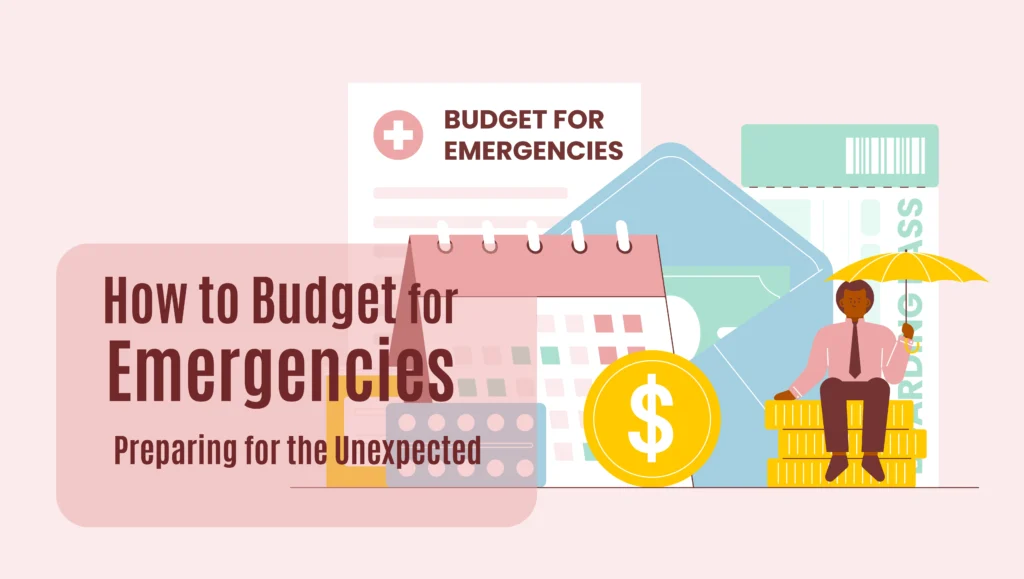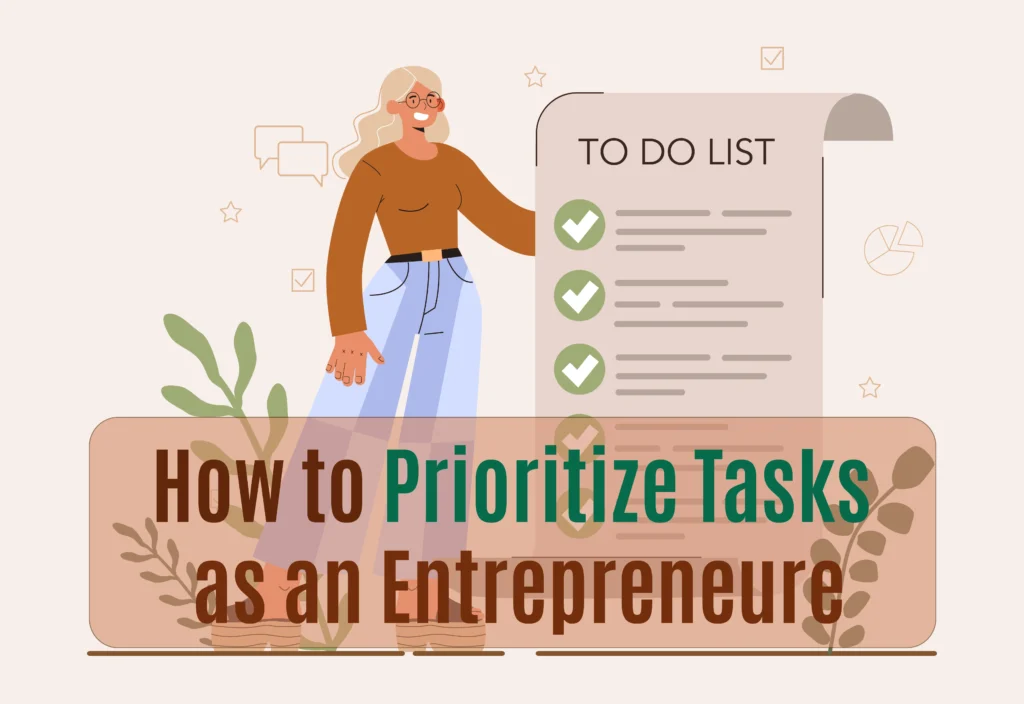Time Management for Working Students
Balancing work and school is no easy feat, especially for students who are juggling jobs, coursework, and personal commitments. Many working students find themselves overwhelmed by the constant pressure of deadlines, long hours, and academic responsibilities. But while the demands can be intense, effective time management can make it possible to excel in both areas without sacrificing personal well-being.
In this blog, we’ll explore practical time management strategies that can help working students navigate the challenges of juggling multiple roles. Whether you’re working part-time, full-time, or somewhere in between, these tips will allow you to manage your schedule effectively, avoid burnout, and achieve success both academically and professionally.

The Challenges of Being a Working Student
Being a working student comes with a unique set of challenges. On one hand, you’re required to perform well in school, meeting deadlines for assignments, preparing for exams, and engaging in classwork. On the other hand, your job demands your time and energy, often requiring you to work long hours to cover expenses or gain work experience. When you add personal responsibilities like family, friendships, and self-care to the mix, finding balance can seem impossible.
For many working students, time is the most precious resource—and often, the most difficult to manage. The key to overcoming these challenges lies in effective time management. Without it, tasks pile up, deadlines are missed, and stress mounts. But with the right strategies, you can organize your time in a way that allows you to excel in both work and academics while maintaining your personal well-being.
Why Time Management is Critical for Working Students
Balancing Academic and Work Responsibilities
Effective time management is essential for working students because it allows you to create balance between your academic and professional responsibilities. Without a clear plan, it’s easy to fall behind in your coursework or fail to meet work expectations. For example, last-minute studying can lead to poor exam performance, while rushing through assignments to make it to work on time can result in low-quality work.
By managing your time effectively, you can prioritize important tasks, ensuring that you meet deadlines and fulfill your obligations at both work and school. This reduces the stress of trying to handle everything at once, giving you more control over your schedule and the confidence to tackle each day with a clear plan.
Avoiding Burnout and Reducing Stress
Working students are at a high risk of burnout. The pressure to succeed in both academic and professional environments can lead to chronic stress, which, if left unmanaged, can result in physical and emotional exhaustion. Burnout not only affects your academic and work performance but also your mental and physical health.
Good time management helps you avoid burnout by ensuring that you allocate time for rest and self-care. Instead of constantly feeling overwhelmed by a never-ending to-do list, you can create a schedule that balances work, study, and relaxation, preventing you from pushing yourself too hard. When you manage your time well, you also reduce the stress that comes with last-minute cramming, missed deadlines, or trying to fit too many activities into one day.
Creating a Realistic and Flexible Schedule
Prioritizing Your Tasks with Time-Blocking
One of the most effective time management techniques for working students is time-blocking. This method involves dividing your day into dedicated blocks of time for specific tasks, ensuring that you focus on one activity at a time without distractions. By assigning each task a time slot, you create a structured schedule that allows you to balance your academic and work responsibilities while making time for personal needs.
For example, you could block off two hours in the morning for studying, followed by a three-hour work shift in the afternoon. After work, you might reserve an hour for completing assignments and another for relaxing or exercising. Time-blocking ensures that you don’t neglect any of your responsibilities and helps prevent procrastination by holding you accountable to a specific schedule.
The key to successful time-blocking is prioritization. Start by identifying your most important tasks—those that will have the greatest impact on your academic and work success—and schedule them during times when your energy and focus are at their peak. Lower-priority tasks, such as household chores or errands, can be scheduled for times when you have less mental energy.
Incorporating Flexibility for Unexpected Events
While time-blocking is a powerful tool for creating structure, it’s important to build flexibility into your schedule. As a working student, you’ll inevitably face unexpected events, whether it’s a sudden shift change at work, an urgent assignment, or a family emergency. By leaving some buffer time in your schedule, you’ll be better prepared to handle these disruptions without feeling overwhelmed.
For example, instead of scheduling every hour of your day down to the minute, try to leave a 30-minute to one-hour gap between major activities. This buffer time can be used to catch up on tasks that take longer than expected, handle last-minute requests from your boss or professor, or simply take a break if you need it.
A flexible schedule reduces stress because it allows you to adjust your plans as needed, ensuring that unexpected events don’t throw off your entire day.
Maximizing Productivity: Study and Work Strategies
Using the Pomodoro Technique to Focus
When time is limited, maximizing productivity is essential. One effective strategy for working students is the Pomodoro Technique, a time management method that breaks work into short, focused intervals, followed by brief breaks. Typically, the technique involves working for 25 minutes (one Pomodoro), followed by a 5-minute break. After four Pomodoros, you take a longer break of 15-30 minutes.
This technique helps improve focus by encouraging you to concentrate fully on one task for a set period of time, minimizing distractions. It’s especially useful for working students who need to make the most of limited study time. By breaking your work into smaller, manageable chunks, you can maintain high levels of focus and productivity without feeling overwhelmed.
The Pomodoro Technique also helps prevent burnout by incorporating regular breaks into your study sessions. These breaks allow your brain to recharge, so you can return to your tasks with renewed energy and focus.
Creating an Efficient Study Environment
Your environment plays a crucial role in your ability to focus and stay productive. A cluttered or noisy workspace can make it difficult to concentrate, leading to procrastination and inefficiency. To maximize your study time, it’s important to create an environment that supports focus and productivity.
Here are a few tips for creating an efficient study environment:
- Find a quiet space: Choose a location where you can work without distractions. If you’re at home, designate a specific area for studying, away from the noise of family members or roommates.
- Eliminate distractions: Turn off notifications on your phone, close unnecessary tabs on your computer, and avoid multitasking while you study.
- Keep your workspace organized: A clean, clutter-free desk can help you stay focused. Keep only the materials you need for your task at hand, and avoid letting your workspace become cluttered with unrelated items.
- Use noise-cancelling headphones: If you can’t find a quiet space, consider using noise-cancelling headphones or listening to instrumental music to block out distractions.
By creating an environment that promotes focus, you’ll be able to make the most of your study sessions and complete your work more efficiently.
≫ Related Post: The Eisenhower Matrix: How to Prioritize Tasks Effectively
Self-Care and Managing Energy Levels
Scheduling Time for Rest and Personal Well-Being
One of the biggest challenges for working students is finding time for self-care. Between work and school, it’s easy to let personal well-being fall by the wayside. However, neglecting self-care can lead to burnout, decreased productivity, and even health problems.
Effective time management isn’t just about fitting more work into your day—it’s also about ensuring that you have time to rest and recharge. This means scheduling time for activities that promote your mental and physical well-being, such as sleep, exercise, and relaxation.
To maintain your energy levels, try to:
- Prioritize sleep: Aim for at least 7-8 hours of sleep each night. A lack of sleep can affect your ability to concentrate, make decisions, and retain information.
- Schedule regular breaks: Taking short breaks throughout the day allows you to recharge and return to your tasks with renewed focus.
- Incorporate downtime: Schedule time for relaxation, whether it’s watching a movie, reading a book, or spending time with friends and family.
By making self-care a priority, you’ll be better equipped to handle the demands of work and school, ensuring that you don’t burn out along the way.
Incorporating Exercise and Healthy Habits
In addition to rest, regular exercise and healthy habits play a key role in maintaining your energy levels and mental clarity. Exercise has been shown to reduce stress, improve mood, and increase focus—all of which are essential for working students who need to stay sharp throughout the day.
Even if you’re short on time, try to incorporate short workouts into your routine. A 20-minute walk, a quick yoga session, or even a short burst of stretching can make a big difference in how you feel. Physical activity increases blood flow to the brain, improving cognitive function and helping you stay focused on your work.
Additionally, maintaining healthy eating habits can help you sustain your energy throughout the day. Eating a balanced diet, staying hydrated, and avoiding excessive caffeine or sugary snacks can improve your concentration and prevent energy crashes during work or study sessions.
Practical Tips for Juggling Work and School Responsibilities
Communicating with Employers and Professors
One of the most important skills for working students is communication. By keeping an open line of communication with both your employer and your professors, you can manage expectations and avoid potential conflicts.
For example, if you know that a major project is coming up at work that will require extra hours, let your professors know ahead of time. They may be able to offer flexibility on deadlines or provide additional support during busy periods. Similarly, if you have exams or major assignments coming up, communicate with your employer to ensure that your work schedule allows you enough time to study.
By being proactive and clear about your responsibilities, you can prevent misunderstandings and make it easier to balance your workload.
Delegating and Asking for Help When Needed
It’s important to recognize that you don’t have to do everything on your own. Learning to delegate and ask for help is a valuable time management strategy that can reduce your workload and prevent burnout.
At work, don’t hesitate to ask for help from coworkers or delegate tasks if you’re feeling overwhelmed. Similarly, at school, consider forming study groups where you can divide responsibilities or share resources with classmates. At home, lean on family members or roommates for support with household chores or errands.
Asking for help when needed doesn’t mean you’re failing—it’s a smart way to manage your time more effectively and ensure that you can focus on your most important tasks.
≫ Related Post: How to Avoid Multitasking and Stay Focused on One Task
The Long-Term Benefits of Time Management for Working Students
Building Essential Life and Career Skills
Mastering time management as a working student builds essential skills that will benefit you throughout your life and career. The ability to prioritize tasks, meet deadlines, and manage multiple responsibilities is highly valued in the workplace. By developing these skills now, you’re setting yourself up for success in your future career.
Additionally, learning how to balance work, school, and personal life teaches you resilience, adaptability, and the importance of self-care—all of which are critical for maintaining a healthy work-life balance.
Gaining Confidence and Control Over Responsibilities
When you manage your time effectively, you gain a sense of control over your responsibilities. Instead of feeling overwhelmed by a never-ending list of tasks, you’ll have a clear plan for how to tackle each day. This sense of control leads to increased confidence in your ability to handle both work and school, which reduces stress and improves overall well-being.
As you become more confident in your time management skills, you’ll find it easier to handle challenges and unexpected events, allowing you to excel in both academic and professional settings.
Conclusion: Achieving Success as a Working Student Through Effective Time Management
Being a working student is no easy task, but with the right time management strategies, you can succeed in both your academic and professional life. By creating a realistic and flexible schedule, maximizing productivity through techniques like time-blocking and the Pomodoro Technique, and prioritizing self-care, you’ll be better equipped to handle the demands of work and school without burning out.
Remember, time management is about more than just fitting everything into your schedule—it’s about making intentional choices that reflect your priorities and allow you to maintain a sense of balance. With these strategies in place, you can achieve your goals, reduce stress, and thrive as a working student.
















